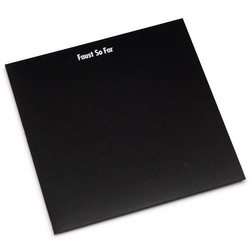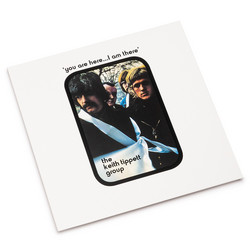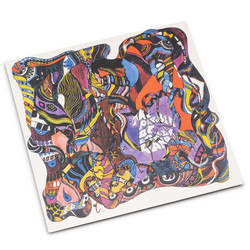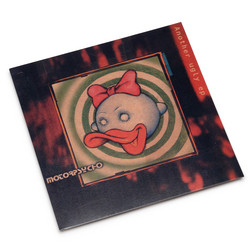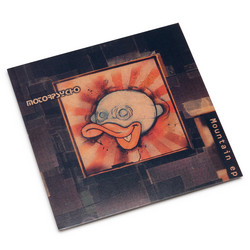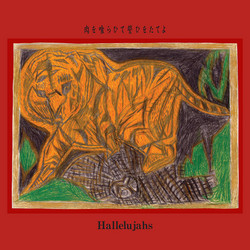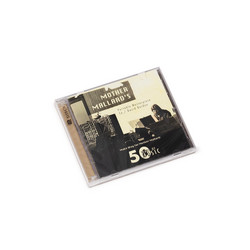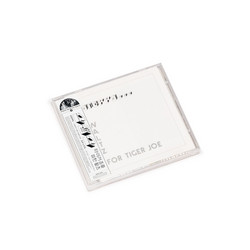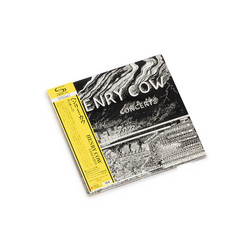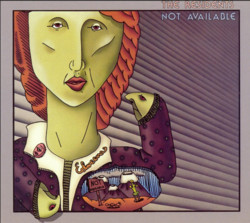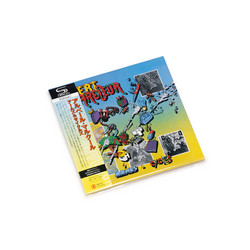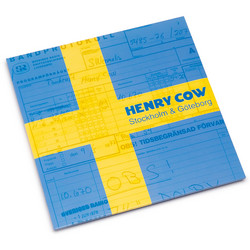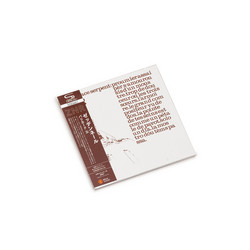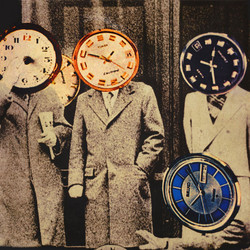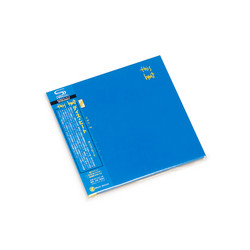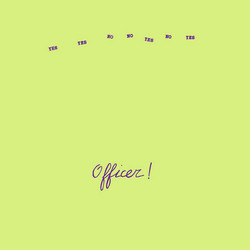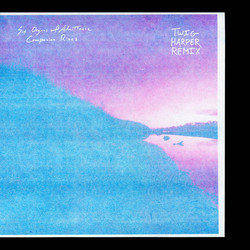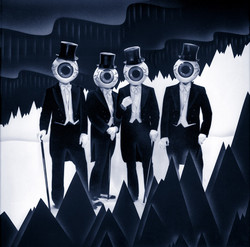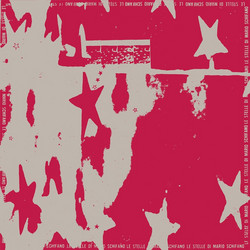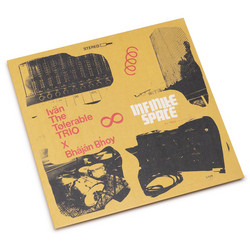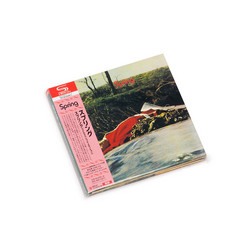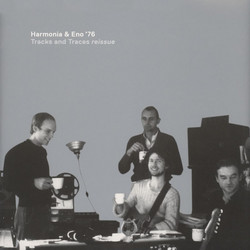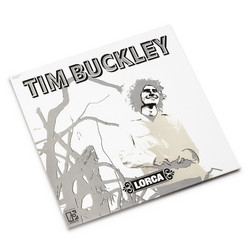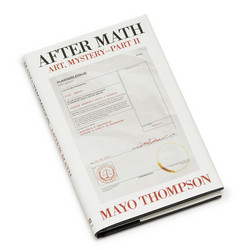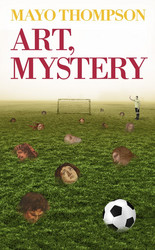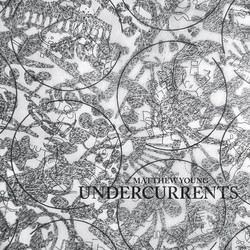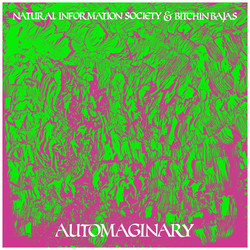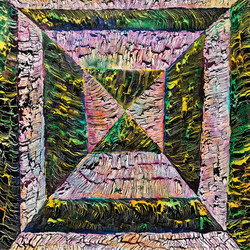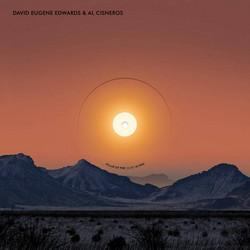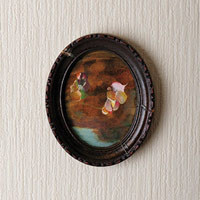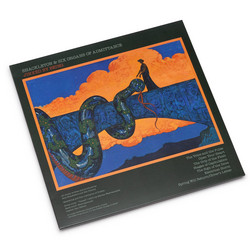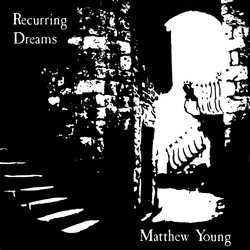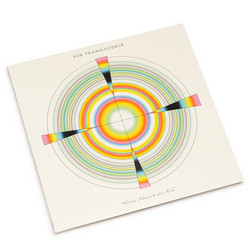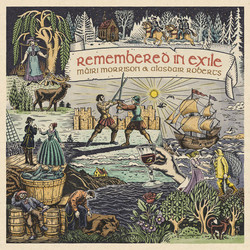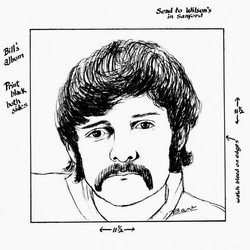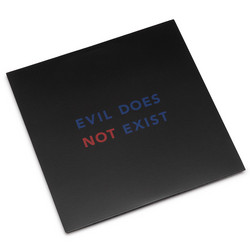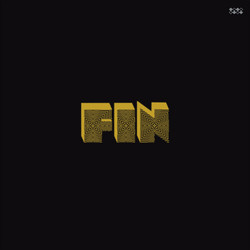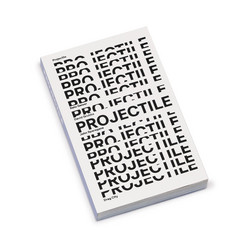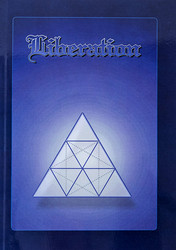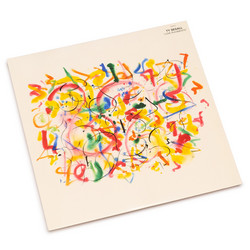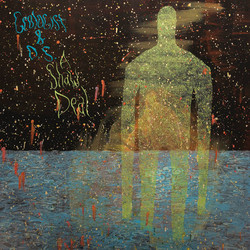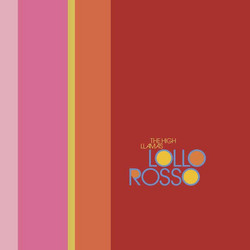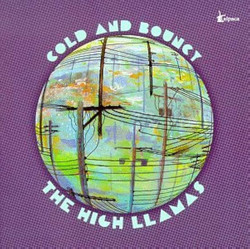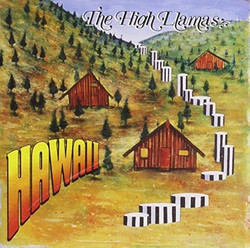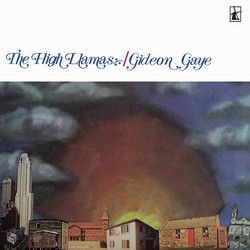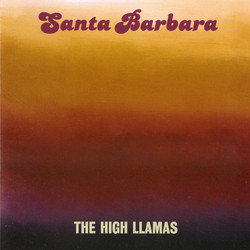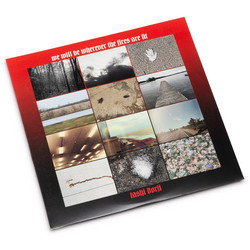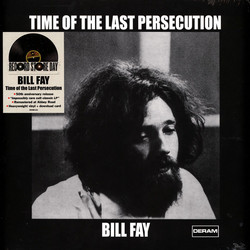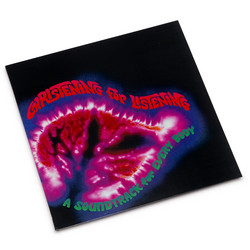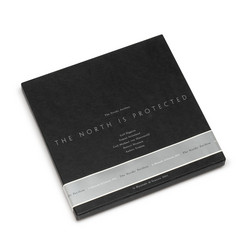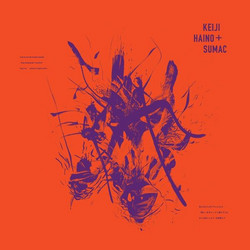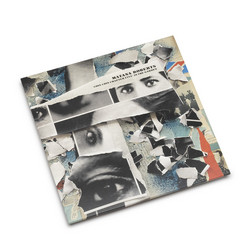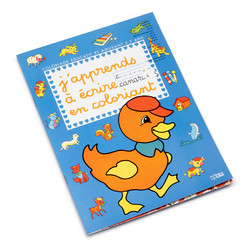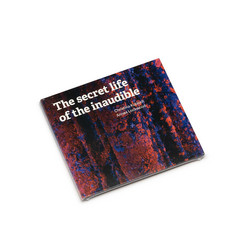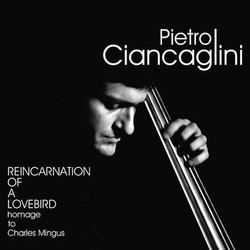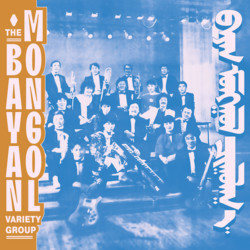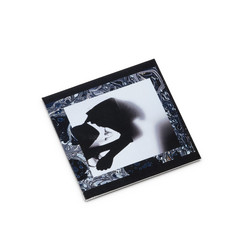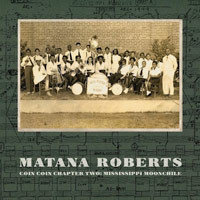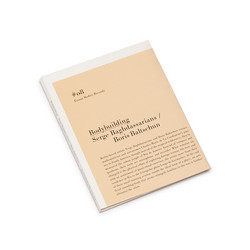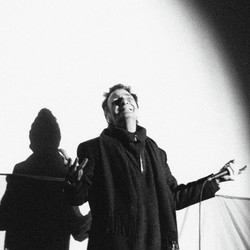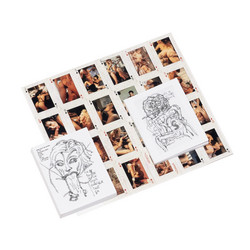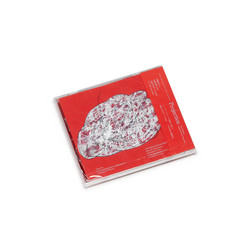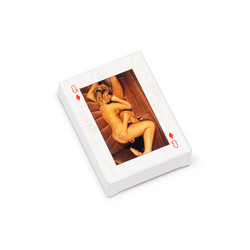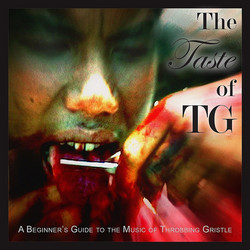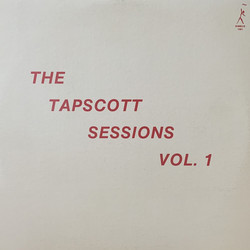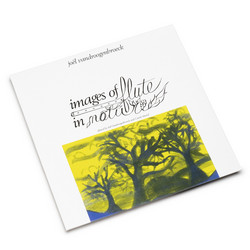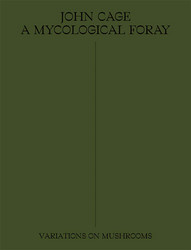We do require your explicit consent to save your cart and browsing history between visits. Read about cookies we use here.
Mayo Thompson
Corky's Debt To His Father (LP + 7")
LP version with bonus 7"; one of the great Drag City releases (and one of the great American music solo albums) finally on vinyl again. "In 1970, Mayo Thompson (once-and-future leader of The Red Krayola) recorded an album entitled Corky's Debt To His Father. Walt Andrus' Texas Revolution label released the record -- but just barely, selling a few hundred LPs with no promotion to speak of. The copies that made it into shops became the treasured objects of taste-makers around the globe -- which made Corky's Debt To His Father an influential record down the years. As punk rock, new wave, post-punk and all the rest came along, it was inevitable that this lost classic of independent music would be discovered by a wider audience. In 1988, the album was reissued on the UK Glass Records imprint but went out-of-print again in short order. Then in 1994, Drag City brought Corky's Debt To His Father back to the USA, as well as to the CD format for the first time. Additionally, a third pressing of the vinyl was made.
The CD has been a perennial favorite ever since -- but after just a few months of robust sales, the LP artwork and jackets were destroyed in a fire, thus putting the end to the life of Corky's Debt To His Father on vinyl once again. Wrapped in a jacket that recalls the halcyon days of solid LP dominance, this new pressing comes with a 7" single featuring the instrumental 'Woof,' which was recorded at the same sessions but not released until The Red Krayola's 2004 compilation CD Singles. The B-side of this single is a never-before heard take on John Cage's '4'33"' played by fellow traveller Sergei McUgly."
Let's take the story of popular music to be like a drive down Main Street. Branching off from the central thoroughfare of music history are occasional culs-de-sac, blind alleys occupied by influential individual musicians, groups, and sometimes single records. One can't exactly explain why or how these musicians fit into the scheme of things, whom they influence, how their music changes the status quo--in short, where their music goes. They create no school, no movement, no new style or fad. They simply start, make something, then stop--like a scenic road to nowhere.
What does it mean, for instance, when it is suggested that Captain Beefheart was an influential segment on the music history boulevard? The Cap'n was unquestionably a pop genius, but his oblique poetics, his mutated Howlin' Wolf vocal style, and his experimental surgery on pop music forms were all so singularly idiosyncratic that anyone who follows up or builds on them directly has a hard time sounding like anything but an imitator. Case in point: Tom Waits, especially in his lauded triptych Swordfishtrombones, Rain Dogs, and Frank's Wild Years. One listen and it's clear that by 1983 Waits's heart was full of beef.
The reissuing of Mayo Thompson's only solo record puts a brilliant, under-recognized cul-de-sac back on the musical map. First released in his hometown of Houston in a miniscule edition on Texas Revolution Records in 1970 (and reissued on vinyl in the mid-80s), Corky's Debt to His Father followed Thompson's late-60s records Parable of Arable Land and God Bless the Red Krayola and All Who Sail With It, both of which included Thompson as a member of the group the Red Crayola (for the second LP they had to change the C to a K after the surprisingly attentive crayon company complained).
Where other Thompson records center on topics like politics, aesthetics, and linguistics, the basic theme of Corky's is sex. Lewd, vivid, pungent, curious, randy, lecherous, Nabokovian, decidedly heterosexual sex. Sex as preoccupation, sex as control, sex as delectation, sex as worship, sex as sex. The record's first lyrics establish an agenda: "I'm a student of human nature / And all my lessons I have learned for free / I held your little breast in my hand / And kept my eyes on your knee." Thompson's garden of earthly delights is full of wit and hokum humor, constructed with particular rhetorical savvy. Indeed writer Frederick Barthelme played drums in the original Red Crayola and coscripted the song "Black Legs" on Corky's. On "Side Two to You" he ends a striking image with a bold-faced punch line: "Like an old shoe / You are the one / With your tongue hanging out / And your laces undone. . . . Still I'm dying to get you to come, just to be my girl."
Thompson delivers his literate bawd in a voice unlike any other: gangly, guileless, relaxed, at times disarmingly out of tune, with an endearing and slightly boyish falsetto. On Red Crayola records, Thompson fuses elements of avant-garde with rock, but here his southern roots are showing. The music has an easy, folksy feel, the crack band laying down a down-home ambience that's unkempt in a precise way. Perhaps the most wonderful aspect of the record is its spare orchestration--on "Around the Home" timpani and eerie background singers set an off-kilter circuslike tone, while horns and subtle little percussion sounds sneak underneath in unexpected ways. With its ripping three-chord chorus riff, "Worried Worried" is a prepunk classic, while "Oyster Thins" starts with a dodecaphonic guitar/vocal line that segues into a bluesy march, replete with brushes on snare drum. "Dear Betty Baby" is the record's most poignant point, with a gorgeous acoustic guitar part played by Thompson himself.
The quarter century since the release of Corky's has been productive for Thompson. In the mid-70s he moved to London, where he worked with Rough Trade Records, shaping a generation of do-it-yourselfers and producing records by folks from the Fall to James Blood Ulmer. Thompson lived in Germany for some time and recently returned to the States. After a hiatus, the Red Crayola has begun recording again with renewed vigor. Their current single, "14" backed with "Stink Program," will be followed by Thompson's first full-length album recorded in the U.S. in 20 years, featuring Chicago guitarist David Grubbs (Squirrel Bait, Bastro, Gastr del Sol), California guitarist Tom Watson (Overpass, Slovenly), German synthesizer artiste Albert Oehlen, and Chicago drummer John McEntire (Tortoise, the Sea and Cake).
You won't find Mayo Thompson mentioned in nine out of ten rock 'n' roll history books. Neither a leader nor a disciple, he's managed to slip off the map. And since he treats each new record as a conceptually separate project, each release is a sort of cul-de-sac of its own, separate from the others and not connecting back up with the main highway on which a band or musician's life is usually routed. We don't see any "growth" or "maturation" over Thompson's career; instead, each record creates and fulfills its own conditions of existence. Park your car awhile at the end of the lane called Corky's Debt to His Father. See, a cul-de-sac ain't necessarily a dead-end street.
Although this, to put it mildly, is not a record for mainstream tastes, it nevertheless may be more palatable to pop ears than any of Thompson's numerous Red Krayola records. With a folkier bent than his group projects, Thompson projects himself as a lovable oddball of sorts, stringing together free-associative, non-sequitur lyrics against chord progressions and time signatures that, as is his wont, refuse to adhere to accepted norms. Much of it's rather catchy (if not hummable), though, with a whimsical sense of fun that makes it impossible to dismiss as pretentious artsiness.
Every once in a while, if you’re lucky, you fall in love with an album. It might not be immediate. Sometimes it can take months, even years, but you realize you’ve become obsessed. Lyrics not memorized, but internalized. Mayo Thompson’s Corky’s Debt to His Father is one of these albums for me. So when I call up Thompson and he eventually asks me, “Are you disappointed to hear what I say about it, given what you’d thought about it?” I can’t help but take a moment to think about the question carefully.
Corky’s Debt to His Father is Mayo Thompson’s only solo album. Recorded after his groundbreaking group Red Krayola was put on a brief hold, it received a release via a small independent label in 1970, then went out-of-print for many years. It got into the right hands, though: Philip Glass was a fan, as was Pere Ubu, who re-recorded a track from the album during Thompson’s stint with the band in the early ’80s. Later in that decade, it was finally re-released on the London-based indie Glass Records, then saw its biggest audience with another reissue by Drag City in 1994. (It proved to be popular enough to warrant yet another pressing in 2008.)
Musically, Corky’s Debt creates its own universe, where weird folk music and proto-punk anthems sit side-by-side. While you have typical verse/chorus/verse structures, they’re upended by sexual lyrics. It was a far cry from what Thompson had done in the previous few years alongside Steve Cunningham and Frederick Barthelme as part of Red Krayola. Influenced equally by modern classical and free jazz as they were by rock, the trio sounded like no one else in the late ’60s.
“People understood very well [during its time], they just didn’t like it!” Mayo Thompson
But despite getting together at a moment when music audiences were more open-minded than ever, Red Krayola was a tough sell. After a performance at the Berkeley Folk Festival in 1967 a woman claimed their feedback-laden freak-outs had killed her dog. Nowadays, the group’s work is consistently referred to as “ahead of his time.” Thompson disagrees. “People understood very well [during its time], they just didn’t like it!” By 1969, Red Krayola seemed to be more no more. “It was kind of a moot point,” Thompson says. “There wasn’t anything going on, so I just drifted off and did other things.” After he recorded Corky’s Debt, those “other things” included working with artist Robert Rauschenberg in New York in the early ’70s; working and producing for Rough Trade in late ’70s London; living in Germany with artist Albert Oehlen during the late ’80s; and teaching politics and music at a California art school during the ’90s and ’00s. Along the way, he also resurrected Red Krayola, who began making music that was better and more visceral than the bands attempting to emulate what Thompson had already done over a decade before.
Thompson has a deep Texas accent and is incredibly genial over the phone when I first talk to him. For some reason, I refer to him as Mr. Thompson automatically. I’ve never done this to any other person I’ve interviewed, though I’ve never idolized anyone I’ve gotten to talk to as much as him. Also, he was a teacher, so maybe it’s that.
I’m finally talking to Mr. Thompson because he’s getting set to perform Corky’s Debt in its entirety for the first time ever at the 2013 Cropped Out Festival. He’s not entirely sure what will happen. “My voice is gone, dude. That boy’s gone. But the feelings are still there. And there might be a tiny tinge of irony, a tiny tinge of regret, a tiny tinge of guilt or shame. Might choke up, might cry. Who knows?”
When I ask about the recording of Corky’s, he explains it was a response to the time period. “Altamont had taken the wind out of the sails of the Flower Power movement and all of the hubris about it. We were on the verge of the ’70s, everybody had to make up their mind. ‘Are you interested in fire? What about the wheel? What do you think about can openers?’ Everything had to be rethought in some sort of way. And I think that that record for me was, like all records I’ve made, they were records of what I think is possible.”
“My voice is gone, dude. That boy’s gone. But the feelings are still there.” Mayo Thompson
Looking at the album’s lyrics, there’s an immense amount of heartbreak and fighting of loneliness. I try to get him to talk about his personal life during the recording. However, Thompson speaks about the philosophical and social aspects of the record for most of our conversation, before he pauses and asks me that question. “Are you disappointed to hear what I say about it, given what you’d thought about it?” After a moment, I respond, “Not disappointed. It’s interesting that you would say it’s personal, but not in the way I thought it was. I thought it would be more of ‘Your girlfriend broke up with you.’” I laugh at how trivial this sounds.
“All of that stuff happened,” he tells me. “Betty is somebody. Venus, we all know who she is, she’s the goddess of love. ... I can tell you stories about my life, but I don’t think they would explain anything, just a litany of tragic events.”
And I realize he’s right. Just because you love something doesn’t mean you need it explained. Does a lyric like “I’m so worried / Yes, I am worried / I’m so worried, I told you I was worried” really need a name or narrative attached to it? If it already means the world to you, what else could you possibly ask from it?
Cropped Out is held at the American Turners Club in Louisville, right on the bank of the Ohio River. About 45 minutes before he’s to go on, I see Thompson by himself, staring out to the water, right behind the stage where his band is setting up. He looks like a character in a Raymond Chandler novel – long black coat, pressed shirt, nice shoes and sunglasses.
The band takes the stage after the sun’s gone down: Guitarist Tom Watson, drummer John McEntire and bassist Bill Bowman join Mayo and original pianist Joe Dugan, the man who wrote the ethereal horn parts on my favorite track from the album, “Dear Betty Baby.” In front of Thompson is a music stand with his iPad, containing the lyrics. (Later on, the iPad runs out of juice, and somebody in the crowd helps hold Thompson’s notebook of lyrics open during the set.) Before they start, I hear someone in the crowd say, “I sort of can’t believe I’m getting to see this.”
“I’m a student of human nature,” Thompson starts, and the album begins. There’s an energy to the songs. The group comes off a bit like the world’s best bar band. (When I talk to Mayo a few weeks later, this was one of his criticisms of the show.) The crowd loves it, Mayo is having a ball, and I made sure not to publicly cry during “Dear Betty Baby.” In the middle of the set, I notice Mayo say to himself while tuning up, “My goodness, this is strange.”
This man can’t be 69 years old. He seems like he’s about to duckwalk across the stage.
Riverboats are passing behind the band as they tear through “Black Legs,” turning the solo acoustic tune into a full electric blues groove. During the closer, “Worried, Worried,” he seems to have turned into a crazed preacher right before our eyes. This man can’t be 69 years old. He seems like he’s about to duckwalk across the stage.
As the set ends, he hugs his band members in congratulations. A stream of people come up to Thompson with their copies of the album to sign. I find the guy who couldn’t believe he was getting to see this. His name is Chris Berry, and he drove down from Minneapolis just for the show. “I guess [Corky’s] came on my radar during college. I still have my old copy from Glass Records from the ’80s. There’s always been something special about this record. It’s got that cosmic American twinkle that a lot of stuff can never touch.” I ask him what he thought about the show and he speaks for both of us, “I’m sort of in disbelief, but it was perfect.”
Thompson is practically bounding after the show and gladly brings me up to the dressing room area, though not before getting stopped by more and more fans. When we finally get in the elevator, he turns to me – “That’s the one thing I know about show business,” as the door closes, “at some point, it’s over.”
In the dressing room, Thompson and Joe Dugan are reminiscing about recording the album like a pair of old war buddies. Duggan is thoroughly hilarious, cracking jokes and telling stories about his early days in the music business, recording bubblegum hits. It turns out, before the rehearsals, the two hadn’t seen each other in about 40 years.
Thompson sums up his feelings about the show in one word: “relieved.” Dugan agrees, explaining that they “had a significant amount of worry about it. After 40 years, it was really hard to bring this stuff all back to consciousness.” I tell them about the amount of people that traveled from all over the country to get here. Thompson’s a little shocked. “There’s some loonies out there who love Red Krayola and like me for some damn strange reason. I don’t know.”
As it turns out, Dugan and Mayo tell me a story about their waiter at breakfast that morning. After overhearing them discuss music and asking them who they were, the waiter yelled in shock, “That record?! That’s been my favorite record for, like, the last year!”
We part ways to go watch the rest of the bands. During Bonnie “Prince” Billy and Matt Sweeney’s Superwolf set, I look over to see Mayo filming them on his iPhone. He glances at me, gives me a final wink, and is gone as quickly as he appeared.
Related products
More by Mayo Thompson
More from Drag City
Recently viewed
Become a member
Join us by becoming a Soundohm member. Members receive a 10% discount and Free Shipping Worldwide, periodic special promotions and free items.
Apply hereSoundohm is an international online mailorder that maintains a large inventory of several thousands of titles, specialized in Electronic/Avantgarde music and Sound Art. In our easy-to-navigate website it is possible to find the latest editions and the reissues, highly collectible original items, and in addition rare, out-of-print and sometime impossible-to-find artists’ records, multiples and limited gallery editions. The website is designed to offer cross references and additional information on each title, as well as sound clips to appreciate the music before buying it.
Soundohm is a trademark of Nube S.r.l.
